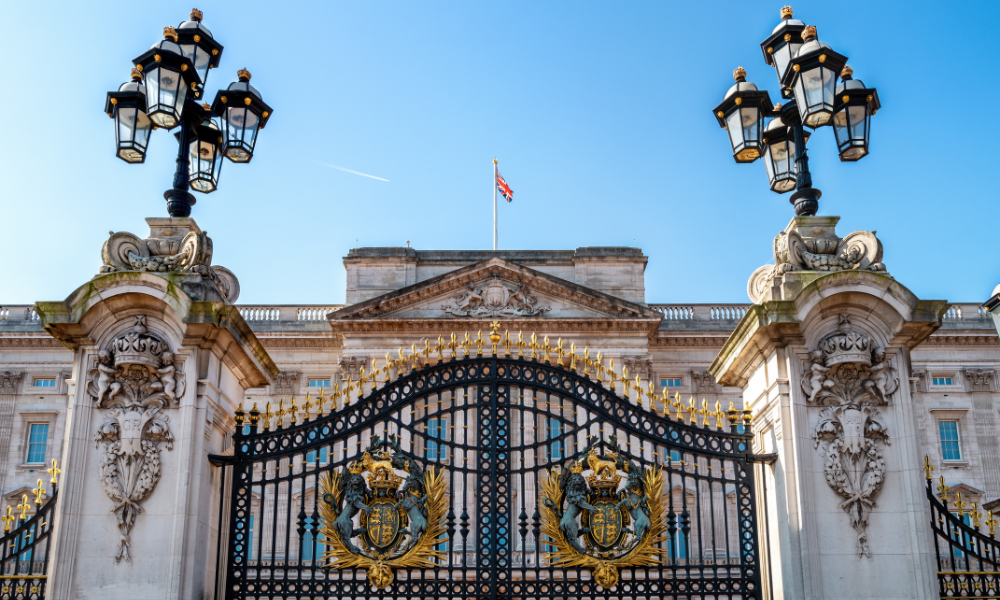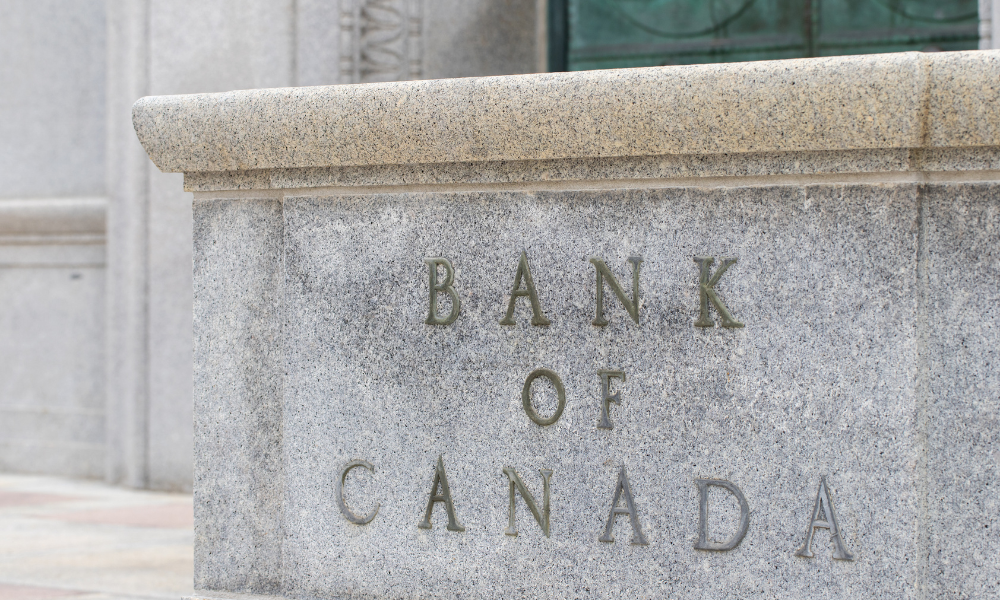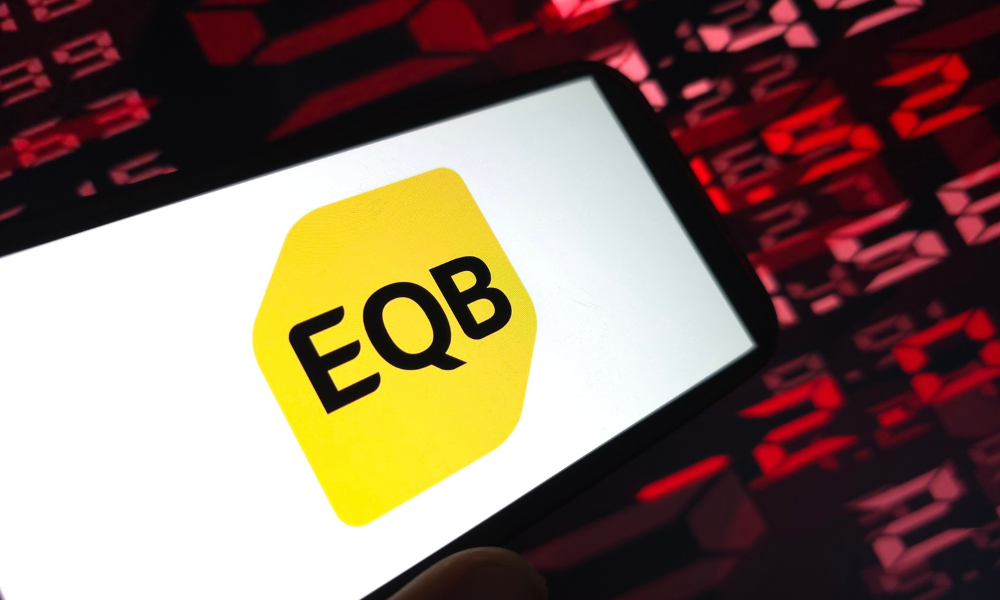Succession of monarchy to King Charles III shifts personal wealth and ownership in trust of a massive portfolio of assets

With the passing of Queen Elizabeth II, whose 70-year reign spanned a period of phenomenal wealth creation across the globe, her first son King Charles III is officially taking his place in a long tradition of succession.
Aside from carrying the weight of royal responsibilities, he is also inheriting a massive trove of wealth, including her personal fortune and the royal estate.
As reported by Forbes, Queen Elizabeth's personal wealth is derived from her possession of works of art, jewels, investments, and real estate, including Sandringham House in England and Balmoral Castle in Scotland, where she passed away on Thursday.
According to Forbes, these assets are worth a total of US$500 million, the majority of which will go to King Charles.
The U.K. monarch is legally shielded from estate taxes normally required of the wealthy upon inheritance. As noted by The Economist, the country's sovereign is exempt from inheritance taxes. Because of this, King Charles won't be subject to the 40% inheritance tax in the UK, which would have eaten up roughly US$200 million of his mother's estate.
As the nation's current monarch, King Charles III will also be a legal beneficiary of the Crown Estate. But that fabulous fortune of assets and real estate worth US$34.3 billion, according to its most recent financial report, is held in trust. In other words, it won’t be part of his private property, and he’s unable to sell the assets.
Among the holdings of the Crown Estate are land and homes spread throughout London and the United Kingdom, as well as Buckingham Palace and Kensington Palace. Instead of being governed by members of the royal family, the enormous management company is run by an independent organization, with excess revenue being paid annually to the British Treasury.
While King Charles is prohibited from selling off the assets for his own gain, the royal family benefits financially from the Crown Estate holdings. According to the royal family's website, they are entitled to the “Sovereign Grant,” which would be equivalent to at least 15% of the Crown Estate's profits.
In its most recent fiscal year, the Crown Estate made a profit of US$311 million, of which the royal family received about US$47 million.



